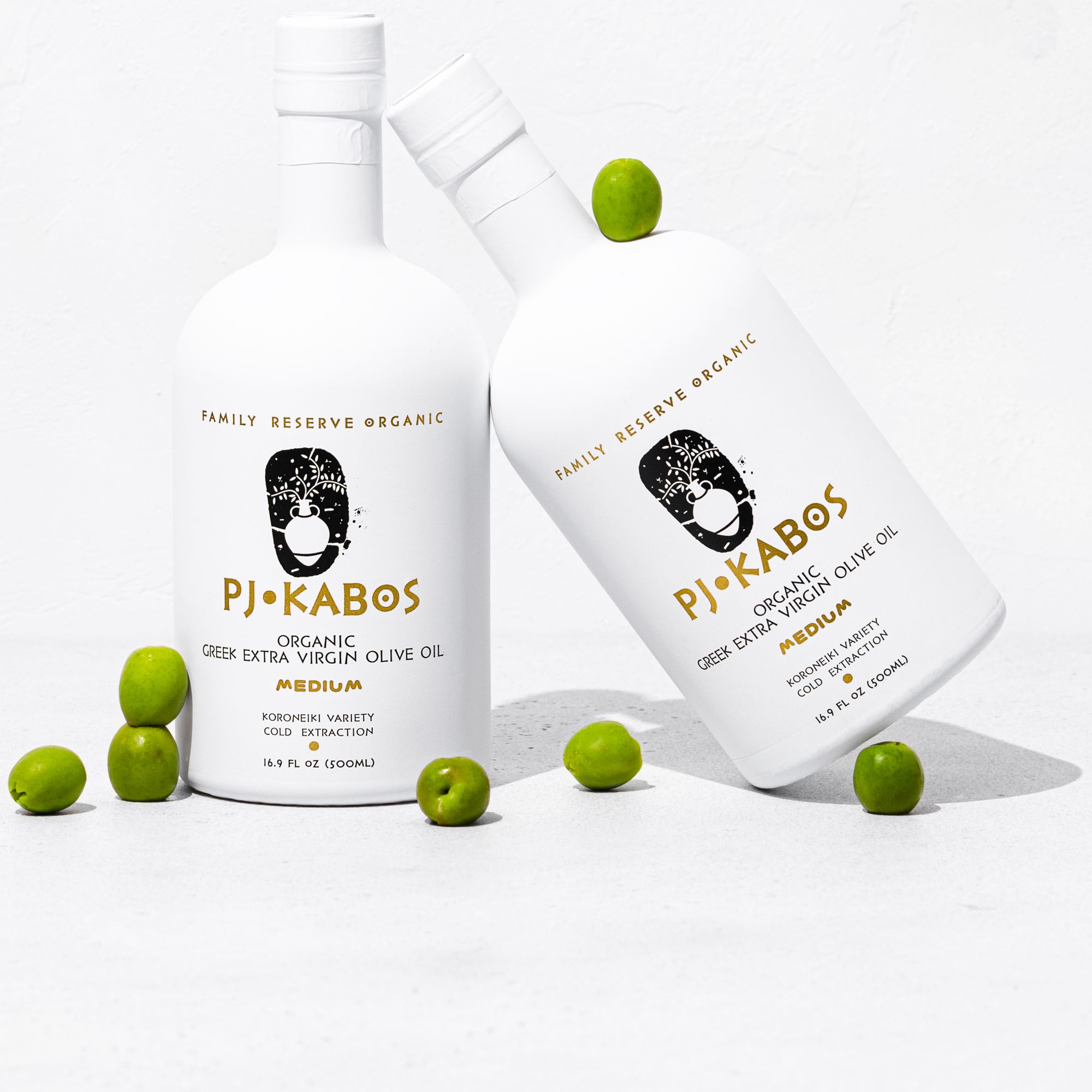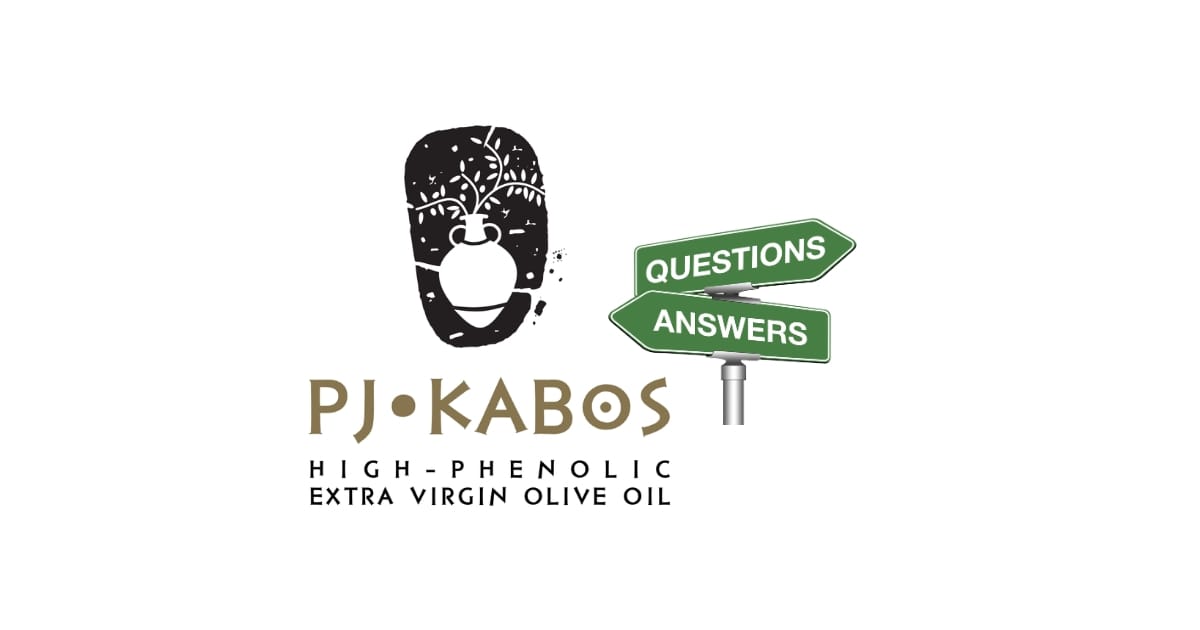Ask nearly any nutrition expert and they’ll tell you, the Mediterranean diet is one of the healthiest diets on the planet—if not the healthiest.
At its core, the modern day Mediterranean diet strongly emphasizes vegetables, fruits, whole grains, nuts, legumes, healthy fats (especially olive oil), fish, and moderate amounts of dairy, poultry, and red wine. It also limits red meat, added sugar, refined carbs, and anything highly processed. (Want more details? Check out our complete beginner's guide to the Mediterranean diet.)
It’s a way of eating embraced by countries surrounding the Mediterranean Sea such as Italy, Greece, and Spain, and it has more research-backed health benefits than any other diet. In other words, it’s pretty great!
But are there any downsides? Here, we cover the main pros and cons of the Mediterranean diet so you can decide for yourself whether it’s right for you.
Pros of the Mediterranean Diet
1. Unlike so many diets, it’s not restrictive.
A diet only works if you can stick with it. The good news: The Mediterranean diet is actually super flexible compared to some other popular diets like the paleo diet or keto diet.
The Mediterranean diet doesn’t ask you to cut out entire food groups like grains or legumes. It doesn't ask you to eat less than 50 grams of carbohydrates per day. And it definitely doesn’t ask you to limit fat. In fact, healthy fats like those from olive oil, olives, nuts, avocados, and fatty fish are encouraged.
Instead, the Mediterranean diet is more of a general eating pattern than it is a formally structured diet. There aren’t rigid “yes” and “no” food lists, and it encourages consuming a variety of nutrient-rich foods across pretty much every food group. Meaning, you can still enjoy things like red wine and pasta with cheese now and then, too.
This is especially good news if you have kids or live with a partner, since the Mediterranean diet can easily be adapted to suit a range of tastes.
2. It’s low in saturated fat.
While saturated fat may not be quite the enemy we once thought it was, research still suggests that it may contribute to high cholesterol and heart disease (especially when eaten in the context of a low-quality, highly processed diet).
The good news: Typical fat sources in a Mediterranean-style diet—olives, olive oil, nuts, seeds, avocado, fatty fish—have very little saturated fat, and predominantly contain monounsaturated fats and polyunsaturated fats.
Of course, dairy products and meat may still be consumed in moderation on a Mediterranean diet, and these will contain some saturated fat. But you’ll be eating far less of it than you would on a typical Western-style diet.
3. It has SO MANY different health benefits.
The Mediterranean diet has been associated with more health benefits than any other diet on the planet. It’s also the most extensively researched diet. For a thorough look at how it can improve your health, check out our article on the 11 most impressive health benefits of the Mediterranean diet. Or for a quick summary, take a look below:
- It’s great for your heart. In the landmark PREDIMED study, which included over 7,000 adults in Spain, the participants consuming a Mediterranean diet supplemented with either mixed nuts or extra virgin olive oil had a significantly lower risk of a major heart attack or stroke compared to those eating a low-fat diet. The American Heart Association also acknowledges the diet’s heart-health perks, stating that “this style of eating can play a big role in preventing heart disease and stroke and reducing risk factors such as obesity, diabetes, high cholesterol, and high blood pressure.”
- It may help you lose weight. In a two-year study, people following a Mediterranean-style diet lost almost twice as much weight as people following a low-fat diet. Those on the Mediterranean diet also ended up consuming more fiber and had the highest ratio of healthy monounsaturated fat (the kind found in olive oil) to saturated fat.
- It may reduce diabetes risk. Research has shown that the Mediterranean diet is associated with better glycemic control (the body’s ability to maintain stable blood glucose) than low-fat control diets. In addition to fiber and healthy fats, which both stabilize blood sugar, the Mediterranean diet is loaded with polyphenol antioxidant compounds from olive oil, veggies, fruits, whole grains, nuts, and seeds that may help improve insulin sensitivity.
- It may help ease depression. Several studies have linked the Mediterranean diet to improvements in mental health. The most recent, from 2019, found that young adults with depression who followed a Mediterranean-style diet (containing vegetables, fruit, whole grains, fish, lean meats, tofu, beans, and about 2 tablespoons of extra virgin olive oil per day) reduced depression symptoms to a “normal” range after 3 weeks, along with stress and anxiety.
- It may lower risk of cancer. A 2017 research review found that people living in the Mediterranean region had lower rates of cancer than the U.S. and Northern Europe, which the study authors credit to eating a Mediterranean diet, with its abundant vegetables, fruits, and other plant foods full of beneficial polyphenol antioxidant compounds. Research has also found that extra virgin olive oil is loaded with bioactive compounds that have anti-cancer properties.
- It may boost brain health. A systematic review of studies found that following a Mediterranean diet was associated with a reduced risk of developing mild cognitive impairment and Alzheimer’s disease, and a reduced risk of progressing from mild cognitive impairment to Alzheimer’s.
4. It’s easily adaptable if you’re vegetarian or gluten-free.
The Mediterranean diet can be compliant with a range of dietary approaches. If you don’t eat meat or fish, you can follow the basic principles of the diet while getting most of your protein from beans, lentils, dairy, whole grains, and even tofu. And if you don’t eat gluten, there are so many naturally gluten-free whole grains to choose from, like quinoa and amaranth. Plus, you can find gluten-free pastas pretty much anywhere.
5. It’s good for the environment, too.
The Mediterranean diet is predominantly plant-based, with some fish, dairy, and meat. This emphasis on plants may benefit the planet just as much as you. That’s because meat production (at least the type that occurs on large-scale factory farms) has been shown to produce greater greenhouse gas emissions than growing plants.
According to Oldways, a non-profit dedicated to improving public health, plant-heavy diets like the Mediterranean diet can help conserve land, save water, and reduce use of fertilizer, which can end up in nearby waterways.
Pro tip: When you do include meat in your diet, aim for the highest quality you can find. For example, meat sourced from organic, grass-fed animals, or from animals raised on farms that utilize regenerative agriculture practices, has far less of a negative environmental impact.
6. It puts an emphasis on physical activity and social interaction.
The Mediterranean diet is really more of a lifestyle. Among many populations of the Mediterranean region, there’s a big emphasis on incorporating physical activity throughout the day (think: walking more, driving and sitting less) and getting plenty of social interaction, especially at mealtime.
That’s why the base of the Oldways Mediterranean Diet food pyramid actually features a recommendation to get active and get social.
Cons of the Mediterranean Diet
Honestly, it’s pretty hard to come up with actual cons against the Mediterranean diet—and most of the ones on this list won’t feel like cons once you get started.
1. It could increase your grocery bill.
Anytime you switch from eating cheap, highly processed food to a diet rich in minimally processed, nutrient-rich, healthy foods like vegetables, fruits, whole grains, and fish, your grocery bill could go up. But from a long-term health standpoint, it’s worth it.
Plus, you can definitely do a Mediterranean diet on a budget. Instead of shelling out the big bucks for wild-caught salmon three days a week, take advantage of inexpensive protein sources like beans, lentils, chickpeas, tofu, and eggs. Grain bowls (featuring whole grains, legumes, and tons of vegetables) and veggie omelets can be great, budget-friendly Mediterranean meals.
2. Guidelines can be a little vague.
The fact that the Mediterranean diet is more of a framework than a rigid set of rules is usually great, since it allows for flexibility. But if you happen to love rules and structure, or if you’re looking for a diet to help you manage a specific health condition, you may want to enlist the help of a registered dietitian. They can cater a Mediterranean diet to your specific needs and preferences and even make you a customized meal plan.
3. It does take some prep work.
When you switch to a Mediterranean diet, or any type of whole-foods-based diet, you’re going to be doing more rinsing, chopping, and cooking, since you’ll be buying fewer prepared foods. Depending on how comfortable you are in the kitchen, this may feel intimidating.
Just remember, meals can be ultra simple. Here are a few quick ideas:
- A big salad with whatever greens and veggies you have on hand, topped with chicken, nuts, olives, and balsamic vinegar + EVOO
- Pan-fried salmon served with sautéed green beans and a baked sweet potato
- Whole-wheat pasta tossed with EVOO and any variety of veggies (e.g. asparagus, peas, bell pepper, zucchini, cherry tomatoes) and topped with a sprinkling of parmesan cheese
4. You don’t really get a free pass on red wine (bummer!)
Sure, red wine is often listed as a staple of the Mediterranean diet, but don't overdo it. In order for the pros of red wine to outweigh the cons, it must be consumed in moderation and with a meal. For most people, that means up to one drink per day. Drinking more than that may actually elevate your risk for certain cancers. And experts agree that if you don’t drink already, you shouldn’t start now.
If you struggle with self-control, consider making a rule that you only open a bottle of wine when you're with friends or at social events.
Bottom line.
As you can see, the pros far outweigh the cons of the Mediterranean diet. In fact, some of the cons aren’t even really cons! They’re just the minor growing pains anyone would encounter when transitioning to a nutritionally balanced, minimally processed diet. Given the fact that the Mediterranean diet does not cut out any major food groups, is easily adaptable, and has so many science-backed health benefits, it’s definitely worth a try.
Product placement
PJ KABOS 'Family Reserve Organic - Medium'
High Phenolic and 2022 Gold-Award Winner.
Declared as 'One of the World's Best Olive Oils'.
Click here to shop.





